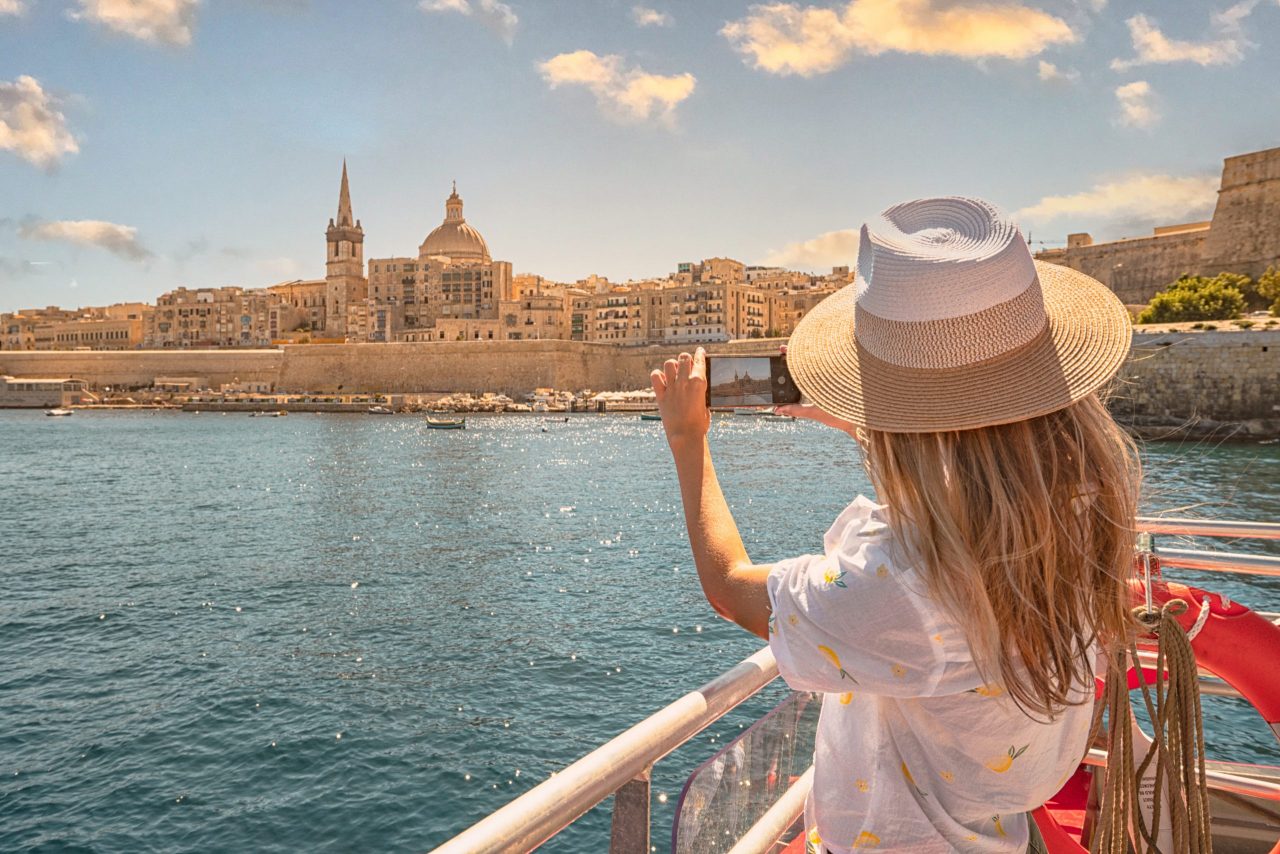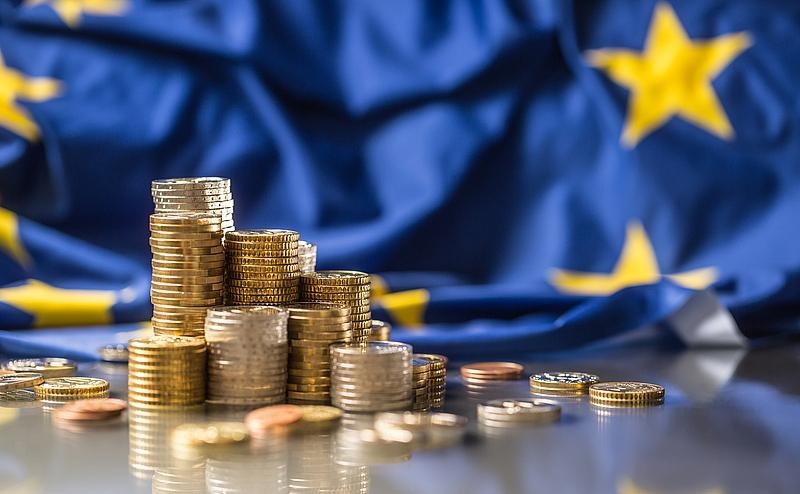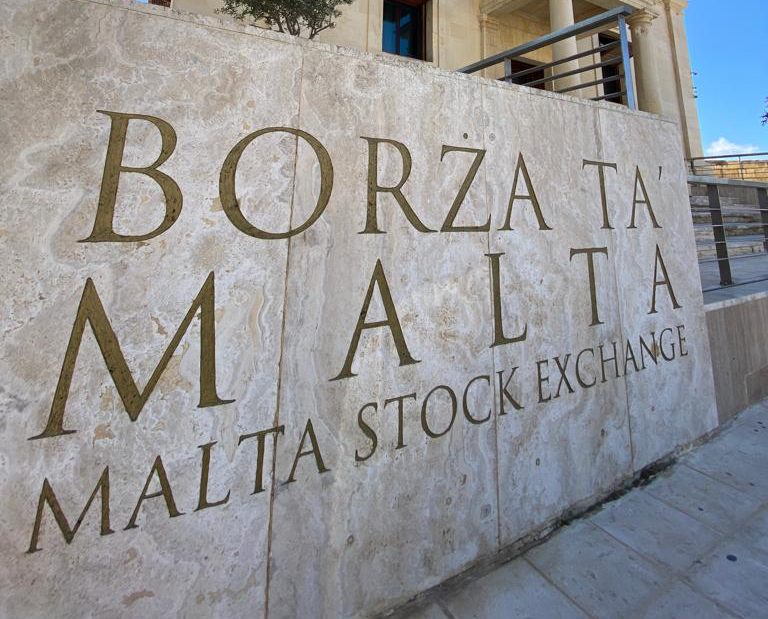In the bustling landscape of European tourism, a noticeable trend has emerged in recent years: the average length of stay per trip is on a downward trend. Once known for its languid exploration and immersive experiences, Europe is now witnessing a shift towards quicker, more fleeting visits by tourists.
Malta is no exception to this trend. Traditionally, Malta has been known for attracting tourists seeking extended holidays, often spending a week or more exploring its myriad attractions. However, recent data from the Malta Tourism Authority reveals a notable decline in the average duration of tourist stays. We are down from 8.7 nights in 2021 to 7.3 nights in 2022 to 6.8 nights in 2023. So, what factors are driving this change?
One significant factor contributing to shorter stays in Malta is the rise of budget travel options and the growing popularity of short getaways. With the advent of low-cost airlines and online booking platforms, travellers now have greater flexibility in planning their trips. Weekend breaks and mini-vacations have become increasingly appealing, allowing tourists to experience Malta’s highlights in a condensed timeframe. Low-cost carriers gained market share in 2023 to 60 per cent of traffic coming from RyanAir and WizzAir. Legacy airlines saw their share shrink 4 per cent from 2019 to 38 per cent currently.
The accessibility of Malta as a travel destination plays a crucial role in this trend. Situated at the crossroads of Europe, North Africa, and the Middle East, Malta is easily reachable from major cities across the continent. Short-haul flights and ferry services make it convenient for travellers to visit for a few days, making the destination ideal for those seeking quick escapes or combining multiple destinations in a single trip. In 2023, Malta maintained connections to 35 international destinations in 2023, only losing direct flights to Jordan.
Additionally, changing travel preferences among millennials and younger generations have influenced the way tourists explore Malta. The rise of social media and the desire for unique experiences have led travellers to prioritise quality over quantity. Rather than spending extended periods in one location, visitors often opt for shorter stays to maximise their time and immerse themselves in diverse activities and attractions. There’s also a decline of English as a Foreign Language tourists, down from 4 per cent from 2016 to 2.5 per cent in 2022. Although a small share, they were driving the average length per stay up with three to six months per tourist.
The evolving nature of tourism in Malta has also been shaped by the emergence of alternative accommodations and experiential travel trends. The popularity of platforms like Airbnb has provided travellers with a wide range of accommodation options, from cozy apartments in historic towns to luxurious villas overlooking the Mediterranean Sea. This diversity allows tourists to tailor their stays to their preferences, whether they’re seeking authentic local experiences or modern comforts.
Furthermore, the increasing emphasis on sustainability and eco-conscious travel has influenced tourists’ decisions to opt for shorter stays. Many travellers are now prioritising destinations that promote environmental conservation and responsible tourism practices. By spending fewer days in a destination, tourists can minimise their carbon footprint and support initiatives aimed at preserving Malta’s natural beauty and cultural heritage.
While the trend towards shorter stays presents opportunities for Malta’s tourism industry, it also poses challenges that must be addressed. Maintaining a balance between quantity and quality is essential to ensure that tourists have meaningful experiences while maximising the economic benefits for local businesses and communities. Additionally, stakeholders must adapt their marketing strategies and infrastructure to cater to the needs of short-term visitors without compromising the authenticity and integrity of Malta’s tourism offerings.
In conclusion, the decreasing average stay per trip for tourists in Malta reflects broader shifts in travel behaviour and preferences. While factors such as accessibility, changing demographics, and evolving travel trends have contributed to this phenomenon, it also underscores the need for stakeholders to adapt and innovate in response to these changes. By embracing the opportunities presented by shorter stays and leveraging Malta’s unique appeal, the island can continue to thrive as a sought-after destination for travellers seeking unforgettable experiences in the heart of the Mediterranean.
PKF Malta is a progressive firm specialising in audit & assurance, tax, advisory services, and internal audit insurance. Get in touch with PKF Malta today via email at: [email protected] or contact us here.
Reinventing the single market: Strategic vision and bold reforms for Malta and Europe
Proposed reforms present significant opportunities and formidable challenges for our small island nation
The equity market in pre-COVID times
Investor sentiment has evidently failed to recover from the series of shocks since the start of 2020
Interest rate divergence ahead?
Inflation is falling faster than forecast in Europe, while exceeding expectations in the US







